Well, our garden is well underway!
Our garden plans have changed about 12 times since we decided it was going to happen this year! First, we were going to put in the garden out at my in-laws farm, where there is plenty of room and a really big tiller. But then, I did the math and realized that over the course of the summer, gas to go out there twice each week would cost us nearly $600, so we switched out plan, and decided to buy some fencing and put it in our backyard.
Then, my intention was to grow the garden from seed, seeing as seeds are super inexpensive. But then all that changed. My husband’s workplace had bread trays left over from an event that they needed to get rid of, so my husband took them, and apparently farmers are crazy for those things because a farmer he knows was willing to trade us “all the plants we wanted” for them. Score!
Not only that, this farmer is certified USDA Organic, and the plants that we ended up taking would have cost us upwards of $80!
Now that our plants our in the ground and flourishing, I’ve moved my focus to the next important task:
How to preserve the food for the winter.
See, I’m afraid of canners. I seriously think using one is like having a bomb in your kitchen, and I absolutely refuse to use one! But, storing food in jars in your basement is probably the most efficient, and shelf-stable way to do it, so I’m on a mission to find ways to preserve food – other than a canner!
Freeze It
I believe that the absolute easiest way to preserve most of my vegetables and fruits! Some important points to remember when freezing produce:
- Always wash your produce thoroughly. There is nothing worse than finding a bug in your berries in January!
- It’s always a good idea to freeze pieces individually before putting them into bags. I like to place mine on cookie sheets, and then into bags once they’re frozen through
- Be sure that you’re storing frozen produce correctly. Don’t crush more delicate items, and store like items together.
- Finally, it is a good idea to keep a freezer inventory sheet going. You definitely don’t want to discover super old green beans at the bottom of your freezer when you move in 10 years.
Even if you love freezing produce, it’s a very expensive proposition. The bags and the electricity required to freeze everything and then keep it frozen can really rack up your bill, so keep that in mind when you’re choosing how to store your harvest.
Water Bath Canning
Water bath canning, while amazing, is somewhat limited. Water bath canners can only be used for foods that are high in acid, like sauces, jams, tomatoes, pickles, and other fruits. Basically, instead of using a regular pressure cooker, you can use a stockpot to boil water and keep it there for the same amount of time that jars would take in a traditional pressure cooker. Some things to remember when water bath canning;
- You can only can things high in acid content, like fruits
- Your jars must be completely sanitized, or your food will spoil
- Your food will keep for at least a year, if done correctly. After that, you will notice changes in color, flavors, etc, although the food may not be spoiled
I’m super excited to to try water bath canning for the first time this year, and if you have done water bath canning before, I would love to hear about it!
Dehydrate It
I’ve yet to play with dehydration, but I know a lot of people that really love dehydrating fruits. They’re very shelf stable and tasty all winter long.
The Big Guy has been really thinking about dehydrating fruits, so I checked on Amazon and it looks like you can get a dehydrator for about $70 (less if you don’t want a really good one) and get to work!
Bonus – Store Them Correctly
A lot of vegetables can be stored in cool, dark spaces all winter longer. Vegetables like tomatoes and onions can be stored in a cool, dry bin for easy use. I actually have a wooden bin in my basement, away from the kiddo and the dog, ready to go for when my vegetables (hopefully!) appear.
I’m all about preserving food in ways that don’t involve a bomb in my kitchen, and this is what I’ve come up with –
Do you have any other methods to add?
*This post may contain affiliate links
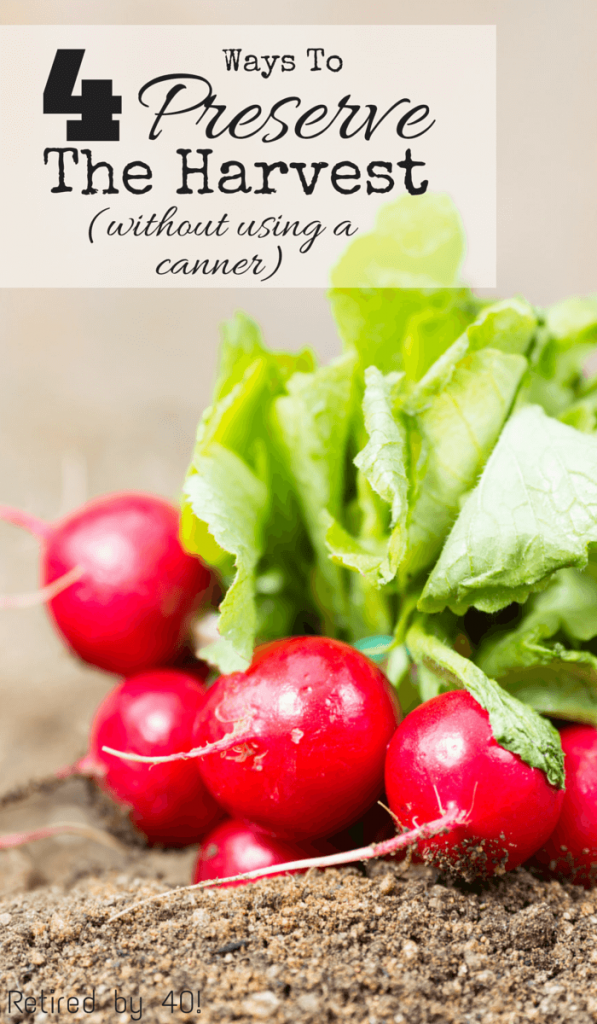


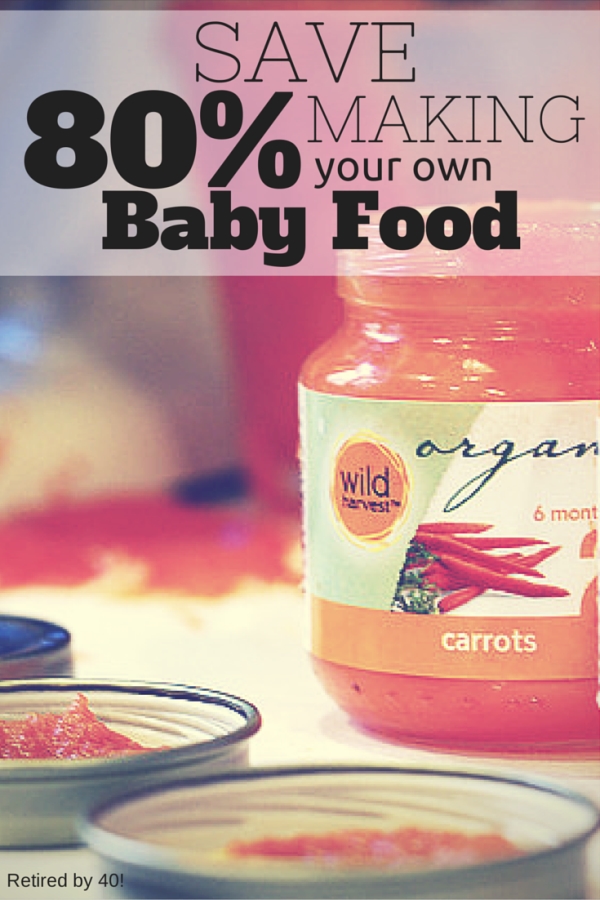
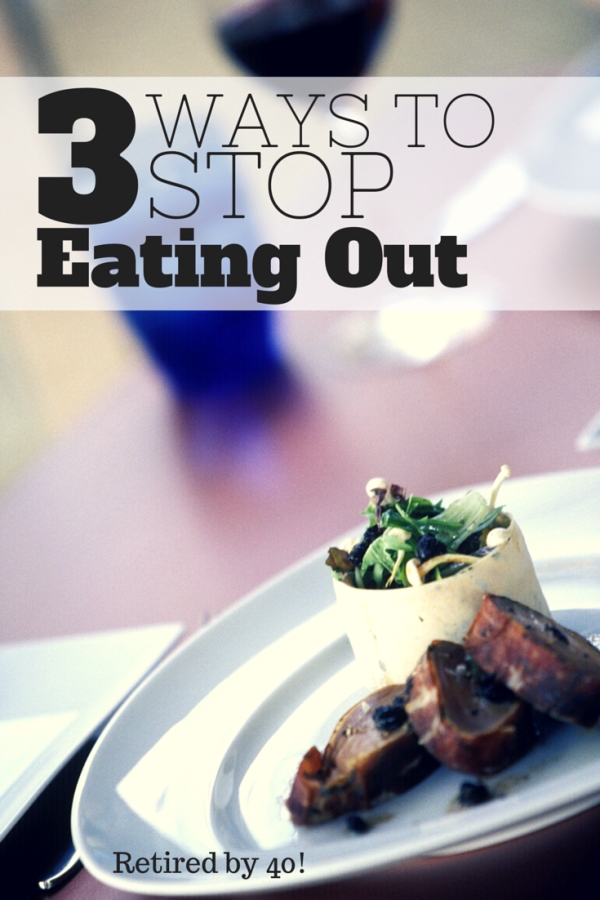




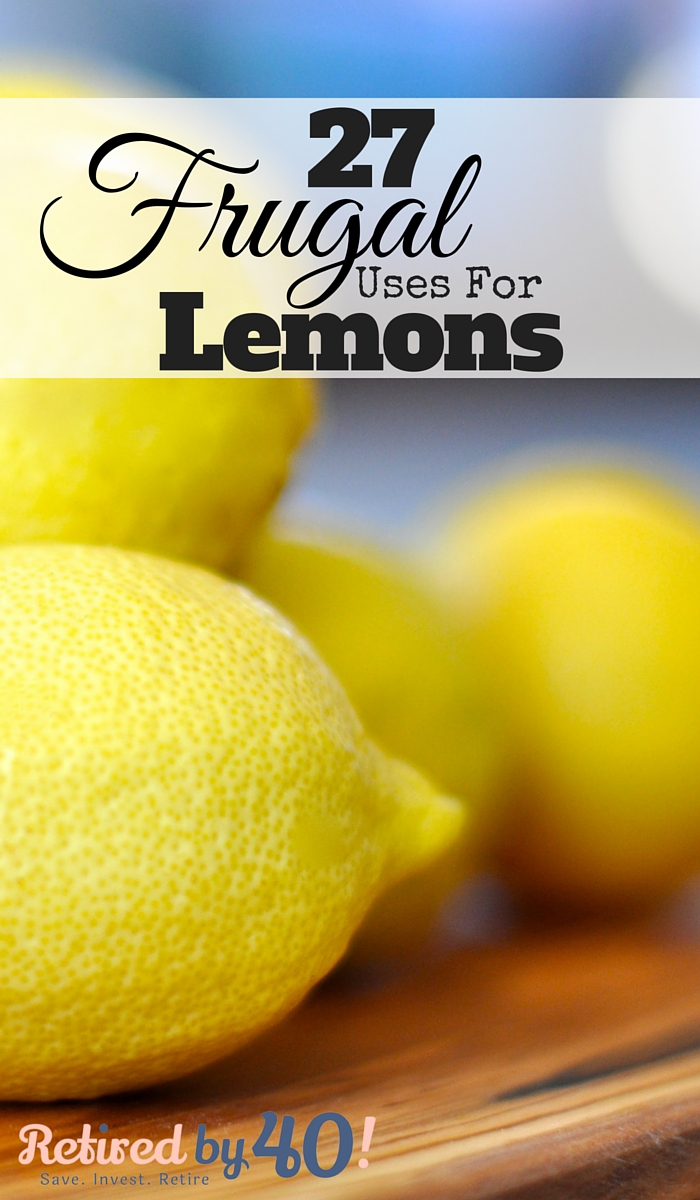
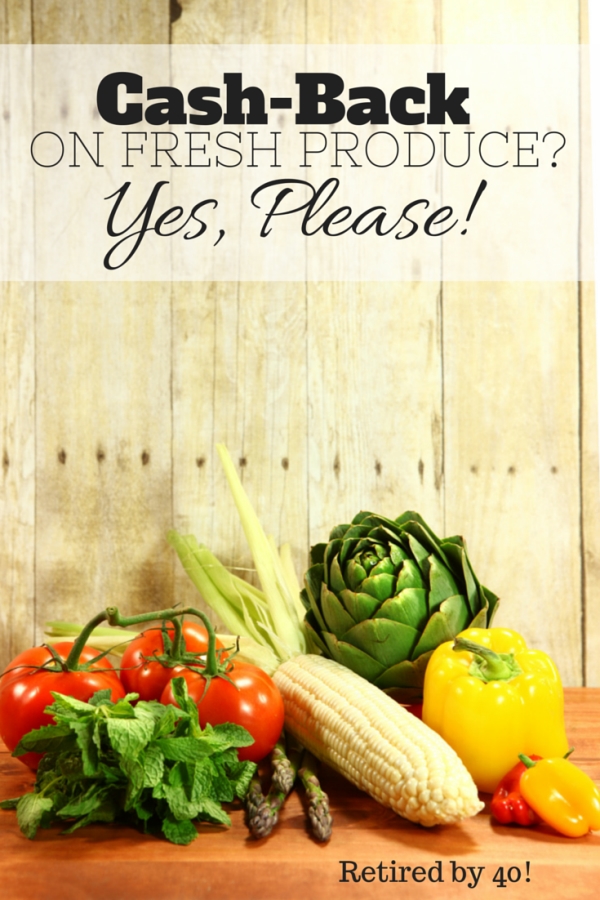




My mom goes persimmon drying crazy every year. She has three of them set up and running around the clock. It really brings the sweetness out.
We don’t get snow where I live, but I hear you can leave certain root crops in the ground all winter for storage. You put a heavy layer of straw over the beds and it insulates the carrots, etc… when the snow piles up. Then when spring hits you dig everything up.